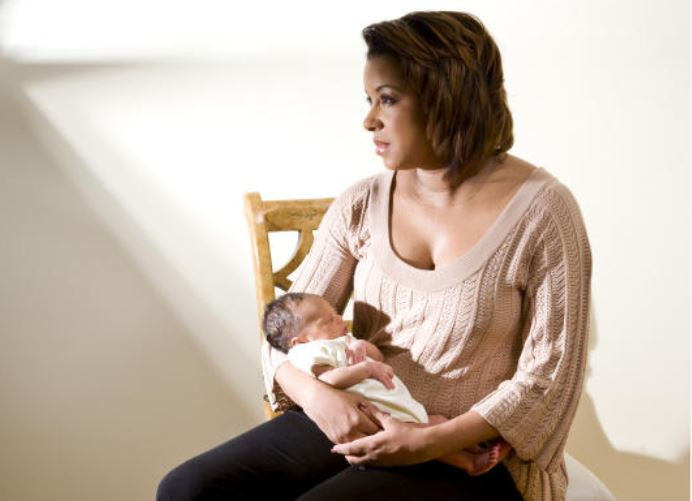
Dear Dr Murage,
I have been diagnosed with pelvic inflammatory disease after undergoing some tests. Is this a serious infection?
Fiona
Dear Fiona,
Pelvic inflammatory disease (PID) is an infection of the woman’s reproductive organs. It is commonly caused by sexually transmitted diseases (STDs), like gonorrhea and chlamydia, though other non-sexually transmitted infections can also cause PID.
It is a serious infection due to its association with long-term consequences, like chronic pelvic pain and infertility.
Your risk of acquiring PID closely relates to your risk of STDs. Having unprotected sex with multiple partners raises the risk of STDs. If your sexual partner has other sex partners, this also raises your risk.
Those who douche, or use the intra-uterine device (IUCD) for contraception, are also at a slightly higher risk. If you ever get diagnosed with an STD, you must get prompt treatment to reduce the risk of transiting into PID.
You may experience some tell-tale signs that are suggestive of PID. These include lower abdominal pain, disproportionate pain with periods or during sex, or an unusual and smelly vaginal discharge. In some cases, you may experience a burning sensation when passing urine, and may also bleed in-between periods.
You may also have fever. Sometimes there may be no symptoms at all. Any suspicion you may be having PID should prompt a review by your gynaecologist.
A diagnosis of PID will be based on your sexual history, and a combination of tests. A gynecological exam may give some clues, augmented by tests that may include a vaginal swab, pelvic imaging and some blood tests.
Once the diagnosis is confirmed, you will need antibiotics that must be taken for the full prescribed duration. Your sex partner will also need screening for STDs and consequent treatment as appropriate. Avoid unprotected sex during treatment to reduce chances of re-infection either in you or your sexual partner.
If diagnosed and treated early, the complications of PID can be prevented. Long term complications include damage and blockage of Fallopian tubes, leading to ectopic pregnancies or even infertility. Some will experience chronic pelvic pain which can be quite difficult to cure.
If damage to the reproductive system has already occurred, antibiotic treatment will not undo such damage.
You can take several measures to keep yourself away from PID. Get you and your partner screened for STDs prior to engaging in unprotected intercourse, then aim for a mutually monogamous sexual relationship. If either of you gets diagnosed with an STD, prompt treatment must be instituted.
— Dr Alfred Murage is a consultant obstetrician and gynaecologist
 The Standard Group Plc is a multi-media organization with investments in media platforms spanning newspaper print
operations, television, radio broadcasting, digital and online services. The Standard Group is recognized as a
leading multi-media house in Kenya with a key influence in matters of national and international interest.
The Standard Group Plc is a multi-media organization with investments in media platforms spanning newspaper print
operations, television, radio broadcasting, digital and online services. The Standard Group is recognized as a
leading multi-media house in Kenya with a key influence in matters of national and international interest.










